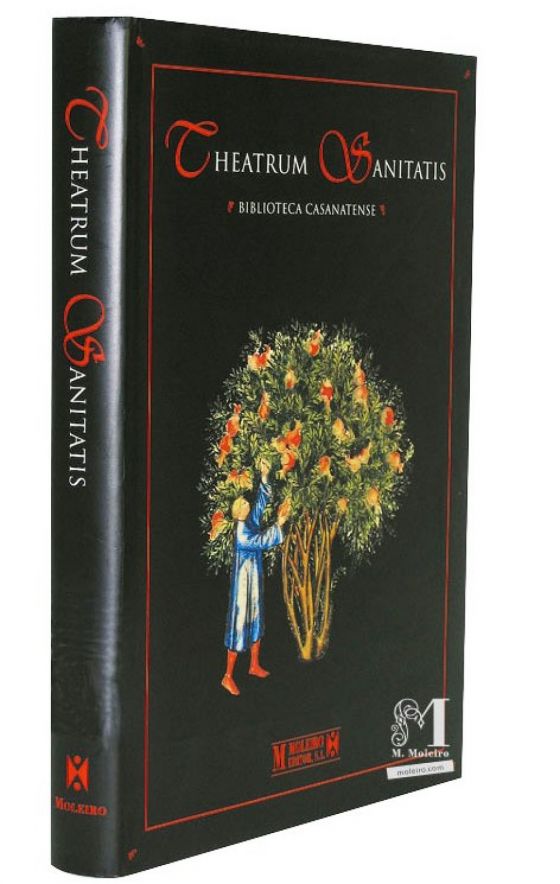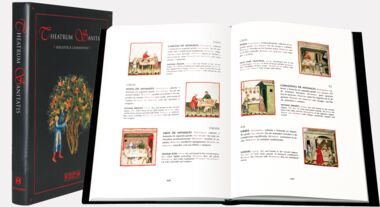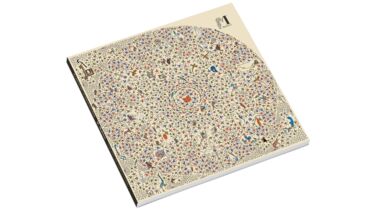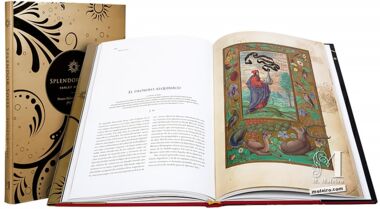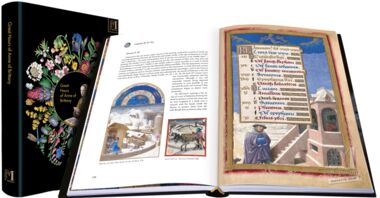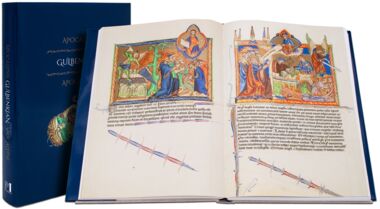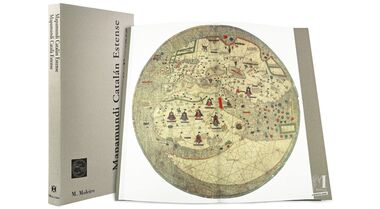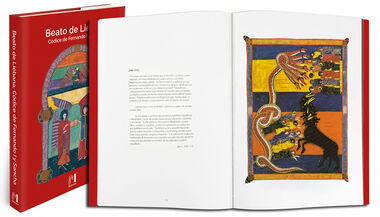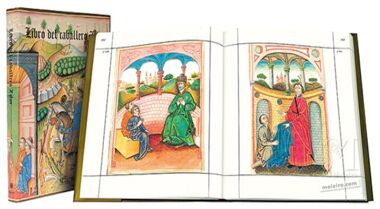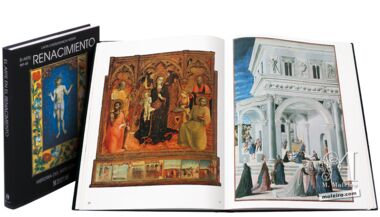Theatrum Sanitatis contains a treatise on medicine that was widely disseminated during the 14th and 15th centuries. Its aim was to teach princes and powerful figures the rules of hygiene of the rational medicine (i.e. obtained by experiments rather than magical or religious beliefs) of the late Middle Ages.
The author of the text is Ububchasym of Baldach, a Christian physician born in Bagdad who died in 1068. Our codex, however, is a summary of the late-eleventh-century Latin translation.
It concerns the six elements necessary for maintaining one’s daily health: food and drink, air and the atmosphere, movement and rest, sleep and wakefulness, secretions and excretions, changes and states of mind (happiness, shame, …). The author believes disease to stem from alterations of these six elements. Each page features a miniature of one of these elements and a footnote stating its nature, characteristics of what is deemed to be better or preferable for human health, the benefit it offers, any adverse effects it may have and the remedy for such adverse effects.
The illustration of this codex belongs to the Lombard artistic tradition, to the school of Giovanni de Grassi.
Theatrum Sanitatis is designed for readers seeking not only remedies to maintain their health but also an attractive presentation making it easier and enjoyable to learn these norms. This book is not only a source of interesting health information but also an iconographical source for the study of very different aspects of life in that period.
Contents
• Medicine as a principle of human life in Galenism and the Tables of Health by Ibn Butlan - José Mª López Piñero
• The contents of the Theatrum Sanitatis - Felipe Jerez Moliner
• Theatrum Sanitatis: Translation of the Latin text - José Miguel García Calero
